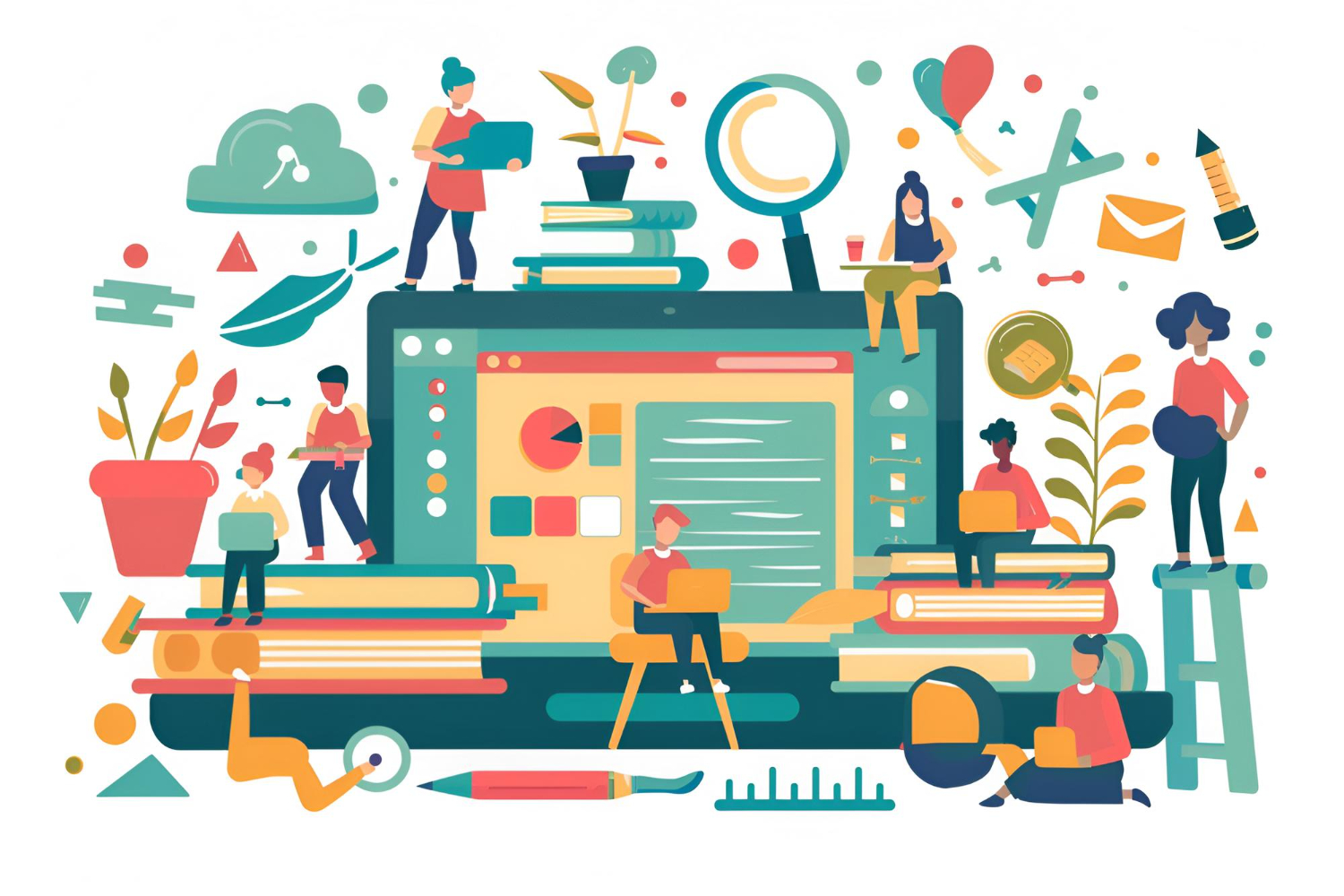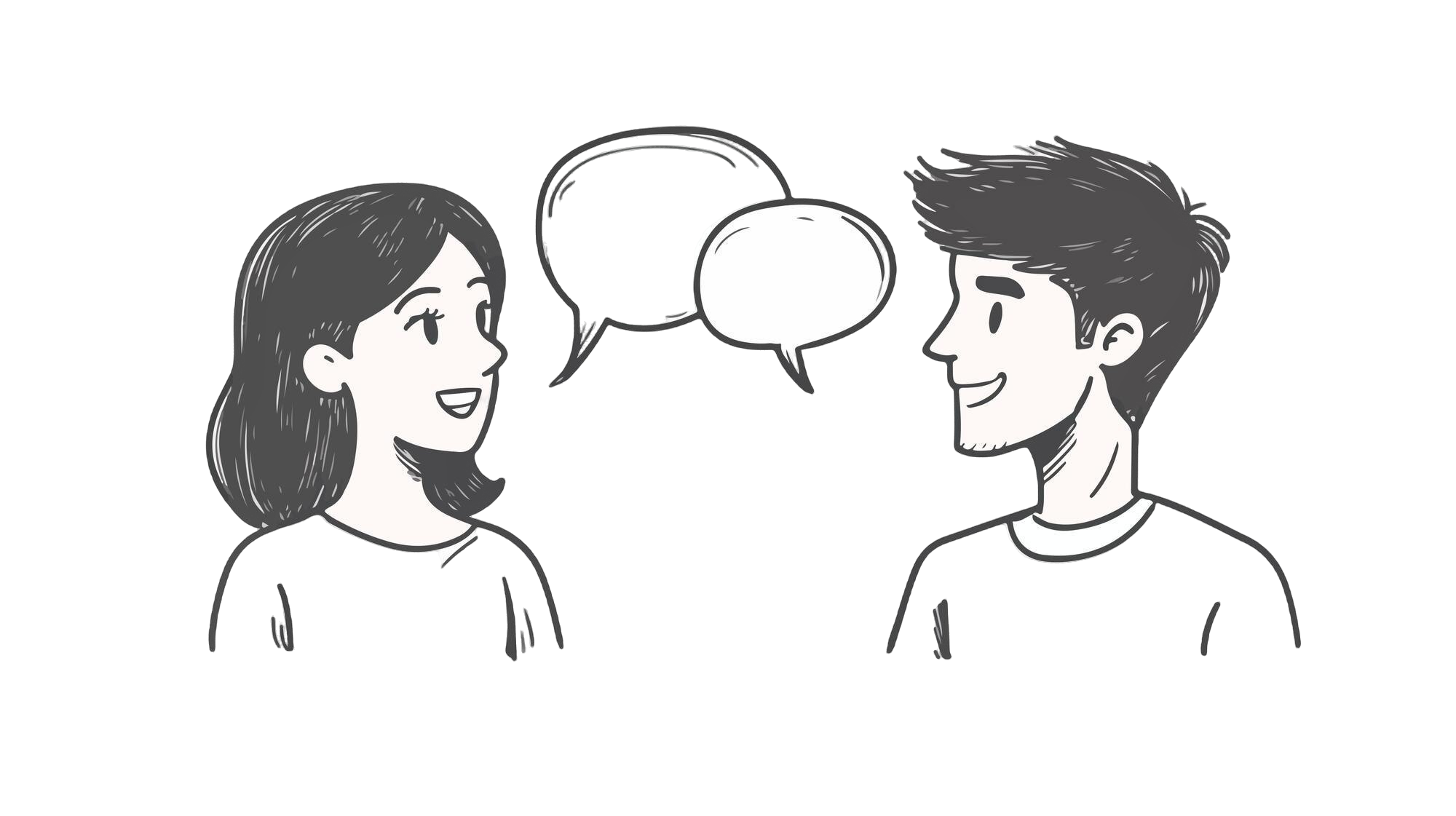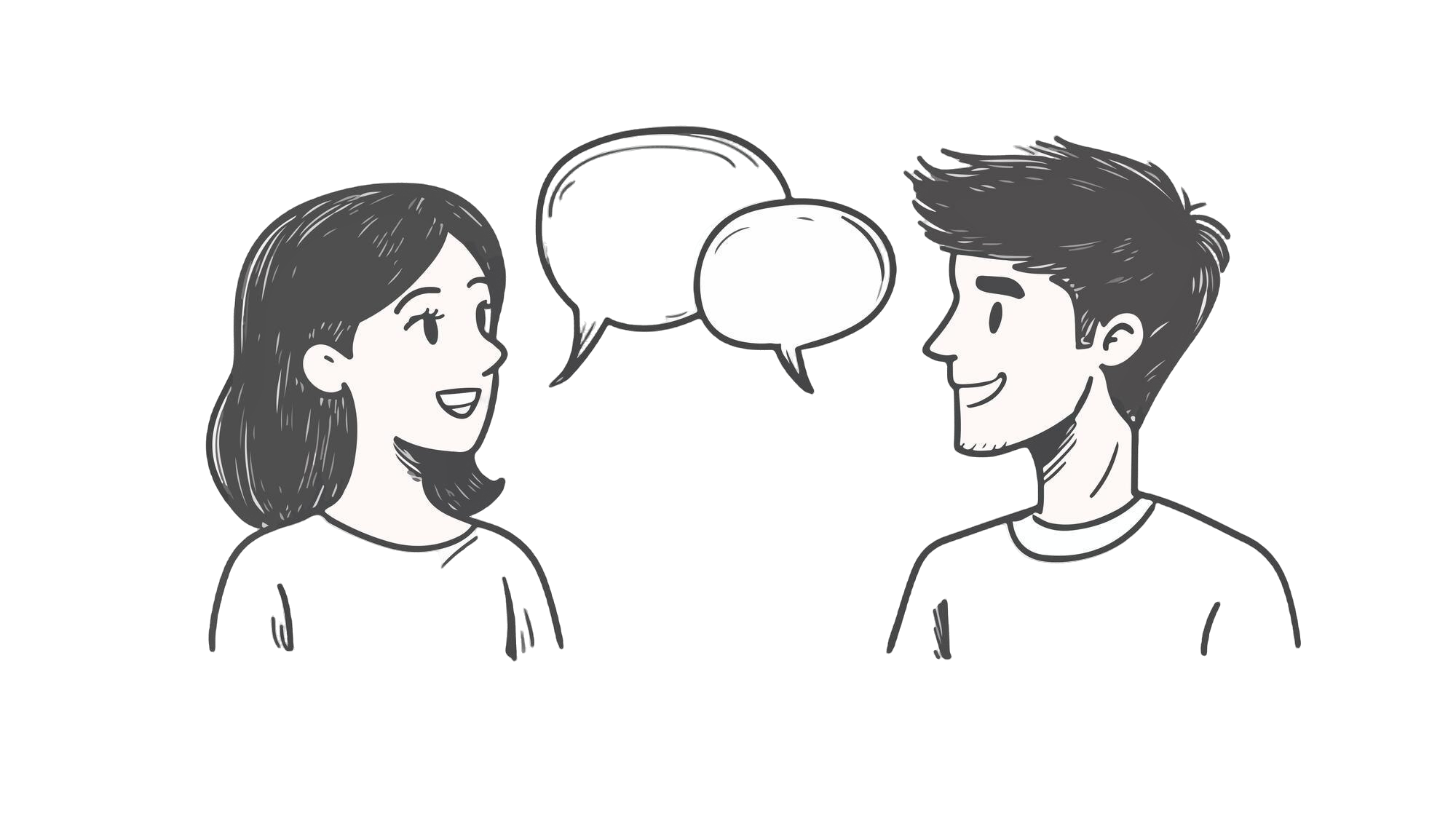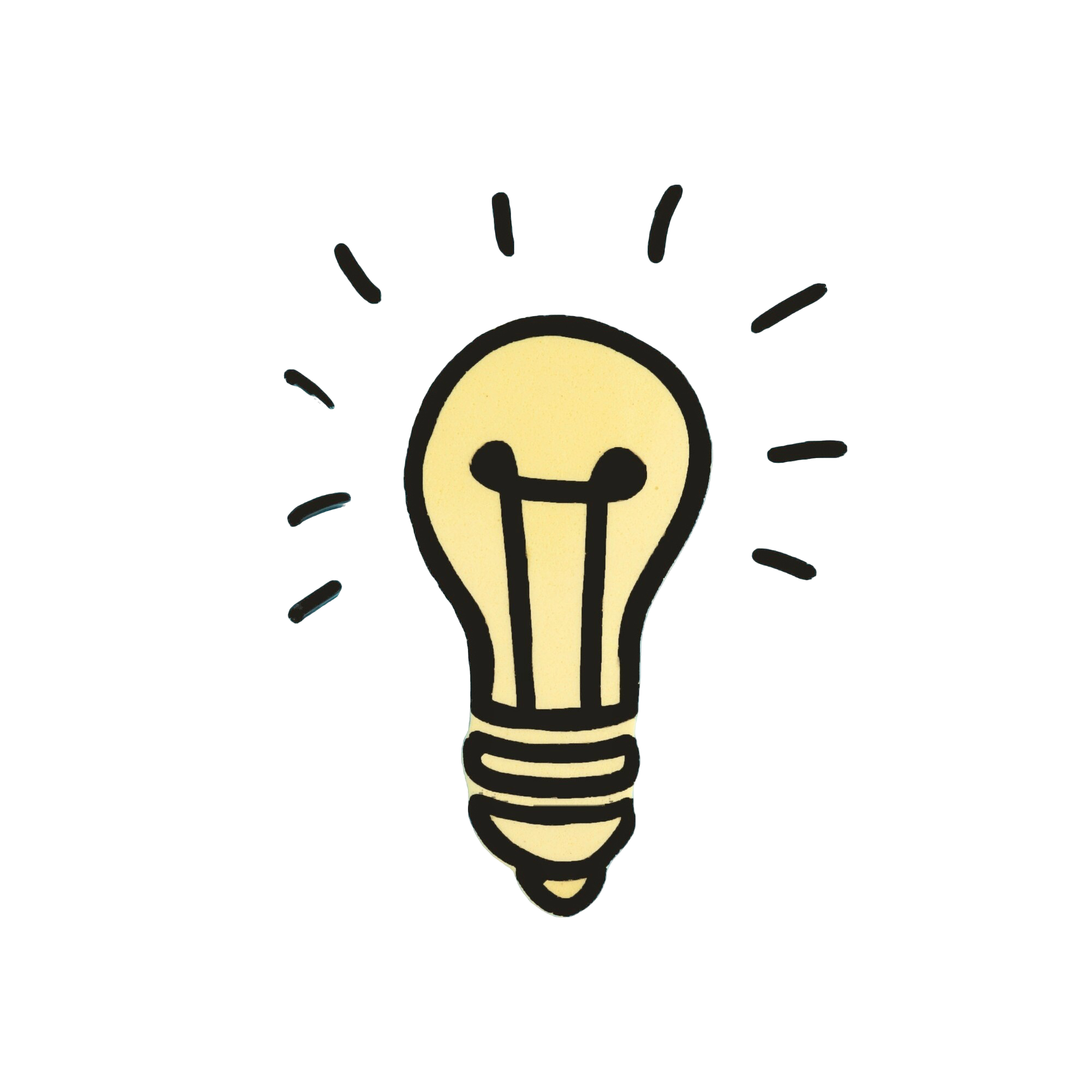
Method Training: Conducting Interviews
Objective: This worksheet aims to guide students through the process of conducting a social science interview, from preparation to execution and reflection, enabling them to gather information and understand different perspectives.
Content and methods: The worksheet provides a structured approach to interview training, covering how to choose a topic, identify interview partners, formulate open-ended questions, and tips for conducting the interview. It includes practical exercises for formulating questions on a given topic and encourages self-selected topics. The methods involve individual work, class discussions for feedback and comparison, and a reflection phase after the interview. Optional extra tasks include analyzing professional interviews and creating a presentation of their findings.
Competencies:
- Interviewing skills
- Question formulation
- Active listening
- Critical thinking and reflection
- Communication and presentation skills (optional)
Target group: 8th-10th grade
57 other teachers use this template
Target group and level
Grade 8 and above
Subjects
Method Training: Conducting Interviews

Preparing an interview
On the following pages, you will first practice formulating questions and queries related to a given topic area, before finally preparing your own interview with appropriate questions.

What is a social science interview?
An interview is an engaging conversation where you learn more about a person and their experiences. Social science interviews help us understand how people think, feel, and act. Today, you will become a researcher yourself!

Choose a topic you are interested in!
To conduct an engaging interview, you must first choose a topic that you're interested in and about which you would like to learn more.
Examples
- How has life in our town changed in the last x years?
- What does friendship mean to different people?
- What dreams and goals do young people have today?

Finding the right interview partner
Now it is important to find the right person you want to interview.
Consider who the best point of contact for your topic might be. Possible options include:
- Family member (father, mother, brother, sister, grandma, grandpa…)
- Friend (from school, the sports club, the music school, the neighborhood…)
- Teacher (homeroom teacher or subject teacher, possibly a former elementary school teacher)
- Neighbor (from your building, from the same street)


Asking the right questions
To get exciting answers, you need good questions. Here are a few tips:
- Ask open-ended questions: Use what, how, and why questions that allow for more than just a "yes" or "no" answer.
- Plan follow-up questions: Think about how you can respond to possible answers to find out more.
Examples
- "What is the most important lesson you have learned in life?"
- "How has your opinion on the following important topic changed over time?"
Talk about your results so far
Discuss your results together in class:
- What's your topic?
- Who are potential interview partners?
- Which possible questions have you written down?
Compare your results and give each other feedback on what you can still improve. Once you have discussed everything, it is time for you to come up with your own individual topic for your interview!

Conducting the interview
Now it's time to conduct the interview!
Here are a few tips to ensure everything goes smoothly:
- Pay attention to the body language and reactions of your interview partner
- Signal (e.g., by nodding) that you are listening attentively
- Ask follow-up questions to interesting answers for which you want more information
- Record the interview (with permission) or take notes
Notes
Reflection
After you have conducted the interview, discuss the following points together in class:
- How was the experience of conducting the interview for you?
- Is there anything you would do differently next time?
- What was the most interesting thing you learned?
- Was there anything that surprised you?

EXTRA: Improving interview techniques
Watch videos of journalists and talk show hosts and pay attention to how do they ask questions.
Discuss with your classmates:
- What questions did they ask?
- Which ones worked well?

EXTRA TASK
Create a poster, a podcast, or a short report about your interview and share it with the rest of the class.